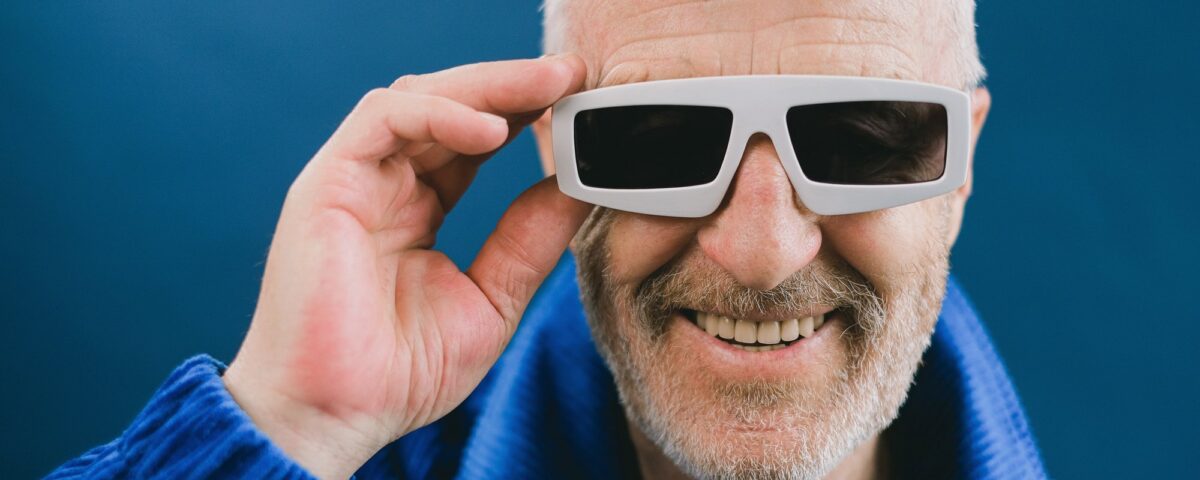
Why Taking a Beach Day Supports Mental Health
November 5, 2021
College and Substance Use: When to Get Help
November 10, 2021Baby boomers defined the 60s. Their drive for political, environmental, and societal change echoed years after they settled down, started families, and reached their middle years. Now they are firmly established in the phase of life that includes retirement. Yet despite growing older, some still follow the motto of the 60s “sex, drugs, and rock and roll.” As a result, substance use amongst baby boomers is at higher than normal rates compared to those under the age of 65.
Baby Boomers
Pew Research Center reports that the baby boomer generation is one of the largest generations in America, second only to millennials. Despite previous trends of substance use declining as people age, the opposite seems to be true for the boomers. Boomers are misusing alcohol, illicit drugs, and prescription medication. The continued use of these substances creates a dilemma for researchers and doctors.
Researchers don’t have enough information to know how substance use affects the aging brain. However, researchers do know that as people age, their levels of dopamine decrease. Dopamine also decreases with substance use. The same problem arises when doctors and researchers try to understand how changes in metabolism, disposition, physical health, and mental health interact with substances.
Why Do Boomers Misuse Substances?
The history of baby boomers includes early exposure to substances, more so than earlier generations. At the time, there was little research explaining how substance use affected a person’s brain or body. Because boomers weren’t aware of the physical and mental consequences, substance use was often an everyday thing. Another contributing factor to the increased use amongst boomers was the availability and relaxed attitudes surrounding substances.
Unfortunately, as boomers aged and brought along their views on substance use, substance misuse among the boomer generation continued to be common. As a result, doctors were not also watching for the symptoms of substance use or addiction. However, as awareness of the negative impact of boomers’ substance use increases, doctors are understanding the signs and helping their clients find help.
As boomers age, they may find themselves having a hard time coping with growing older. The aging process can create pain, both physically and psychologically, resulting in people seeking ways to help them manage. In addition, by the time the baby boomers have reached retirement age, they have experienced the loss of loved ones, health issues, empty nest syndrome, change in employment status, and lifestyle readjustments. Any or all of these changes can cause a person to be lonely, depressed, and isolated from others. Substances can help them not only alleviate the pain but mask uncomfortable feelings.
Baby Boomers in Retirement
One of the perks of growing old is retirement. However, once the confines of a job’s schedule disappear, many boomers are left to figure out what they want to do next. While some prefer not to retire completely, others will not only leave their jobs but also move. Many boomers flock to warmer states where activities like golf, fishing, and more can occur throughout the year. Unfortunately, they also bring mental, physical, and substance use disorders with them when they move.
Doctors in southern states can handle the influx of retired boomers. This is because many of the medical practices are centered around caring for older generations. However, although some fields, such as cardiology and oncology, are easy to find in any town or city, finding addiction treatment facilities isn’t as easy.
Baby Boomers in Florida
The United States (U.S.) Census found Florida has the second largest population of those over the age of 65. There are 4.5 million baby boomers in Florida, out of a population of 21.5 million. With approximately one-fifth of the population consisting of baby boomers, Florida faces a potential substance use issue for many in that age group. Sumter and Miami-Dade counties have the most significant population over the age of 65. While not the highest, Lee County also has a fair amount of people over the age of 65. The U.S. Census found 29.2% of those living in Lee County are over the age of 65.
Addiction Treatment
Baby Boomers may not recognize or want to admit they have an issue with substances. In some cases, they may not know where to go to address their substance use disorder (SUD). But what if they know they have a problem but are reluctant to seek help because of embarrassment, or don’t want others to know they are in treatment? For this reason, substance treatment centers that offer intensive outpatient, outpatient, or continuing care are essential. Programs that allow baby boomers to stay home and continue their daily routine while learning about their SUD can create the opportunity to receive care without others knowing. While in treatment, boomers can also find ways to replace harmful habits with healthy habits.
The availability of treatment programs in Florida can also encourage those in northern states to seek treatment in the warmth and comfort of a Florida winter. They can maintain their privacy, receive care, and create a network in Florida and their home state to help them maintain their sobriety.
Baby boomers came of age during a time of political and cultural change driven by their convictions and determination to make a difference. They also are the first generation to have widespread exposure and access to substances. Stigmatization surrounding substance use decreased, and for some, the view as substances as recreational continued well past their 20s. At the same time, while the medical field is learning more about the effects on the brain and body, there remains the persistent issue of substance use disorders. Those who want to find help may not know where to go or how to keep their SUD private. In Fort Myers, The Kimberly Center has the privacy and comfort baby boomers require for their care. Our treatment programs include intensive inpatient, outpatient, and continuing care. Baby boomers can continue to enjoy their daily schedule while learning how to live a healthy life. For more information, call (855) 452- 3683.




